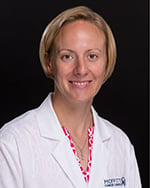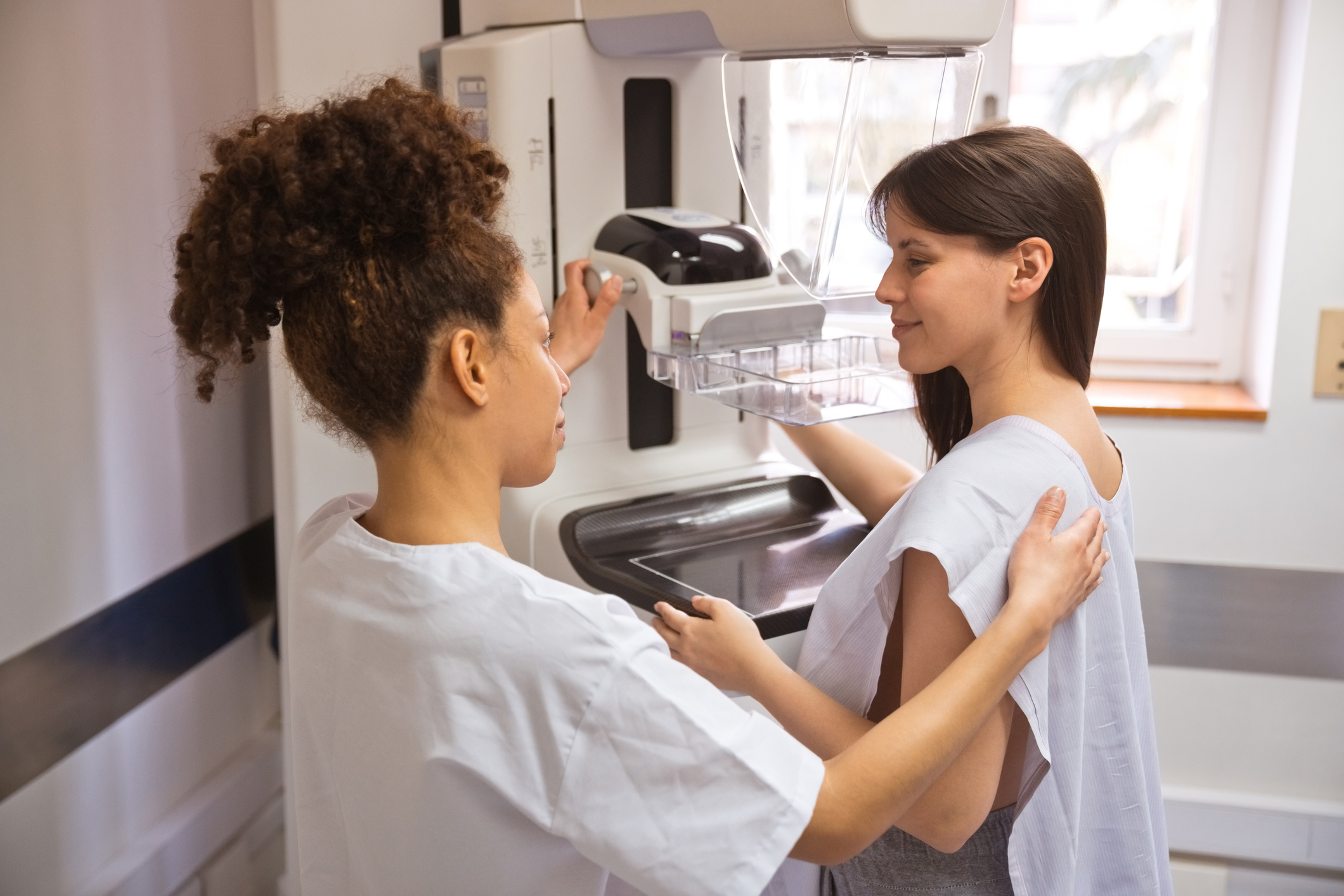Task Force Updates Breast Screening Guidelines. Are They Enough?
The United States Preventive Services Task Force (USPSTF) issued an update to its guidelines for breast cancer screenings, but experts at Moffitt Cancer Center say there is still room for improvement.
In a report published in the Journal of the American Medical Association, the USPSTF recommends women 40-74 years old undergo screening mammograms every other year, rather than beginning at the age of 50, as it has recommended previously.
“We are thrilled to see the USPSTF has adjusted the age to 40 from 50, since it has always been our goal to decrease deaths from breast cancer, and the best way to do that is with screening and early detection,” said Bethany Niell, MD, PhD, section chief of Breast Iimaging at Moffitt.
However, avoiding annual screenings will contribute to disparities in breast cancer deaths, especially among Black women, Niell said. She added women at an increased risk of breast cancer may need to begin breast cancer screening exams much earlier, sometimes as early as age 25.
“Although these revised guidelines are a step in the right direction with regard to the age recommendation, there is room for continued improvement,” Niell said. “Mammograms every year, not every other year, starting at age 40 will save more lives.”

According to the USPSTF’s study in JAMA, among American women, breast cancer is the second most common cancer and the second most common cause of cancer death. In 2023, an estimated 43,170 women died of breast cancer.
Black women, it said, are more likely to be diagnosed with breast cancers beyond stage 1 than other racial and ethnic groups and are more likely to be diagnosed with more aggressive breast cancers, such as triple-negative cancers.
Transgender individuals, who are not mentioned in these revised recommendations, should also consider themselves at potentially increased risk, according to Niell.
“Transgender people who use hormones and/or have had surgeries may be at increased risk of breast cancer,” Niell said. “They should follow separate guidelines based upon their risk factors.”
Women of all backgrounds should discuss annual screening mammograms with their healthcare provider, Niell suggests, and prioritize the importance of early detection and its direct connection to better outcomes.
Knowing your risk is key to your screening, Niell said. “If you have risk factors for breast cancer, these guidelines do not apply to you. It’s really important that each of us understands our cancer risk factors.”



